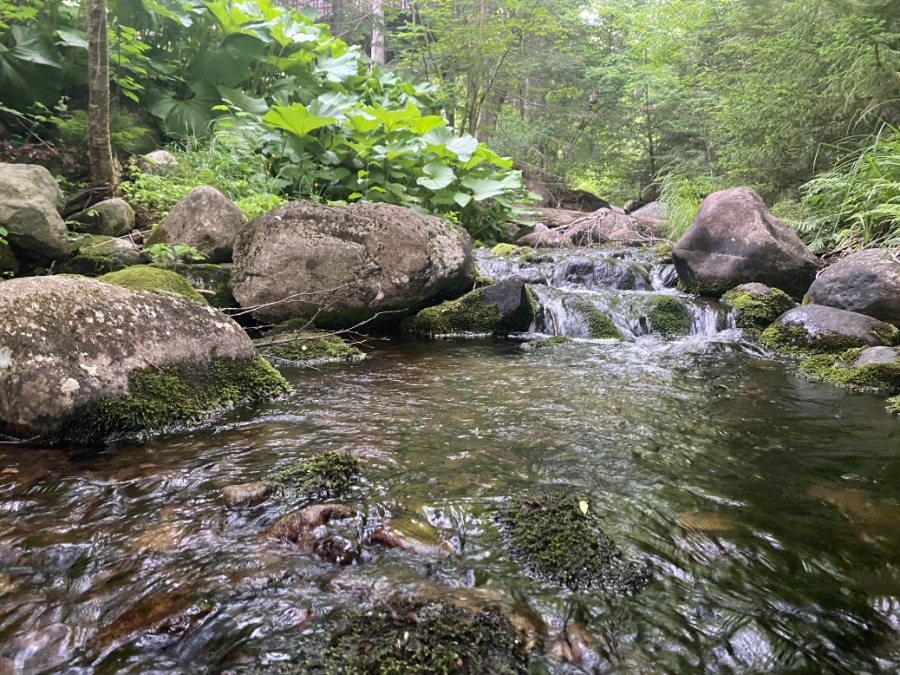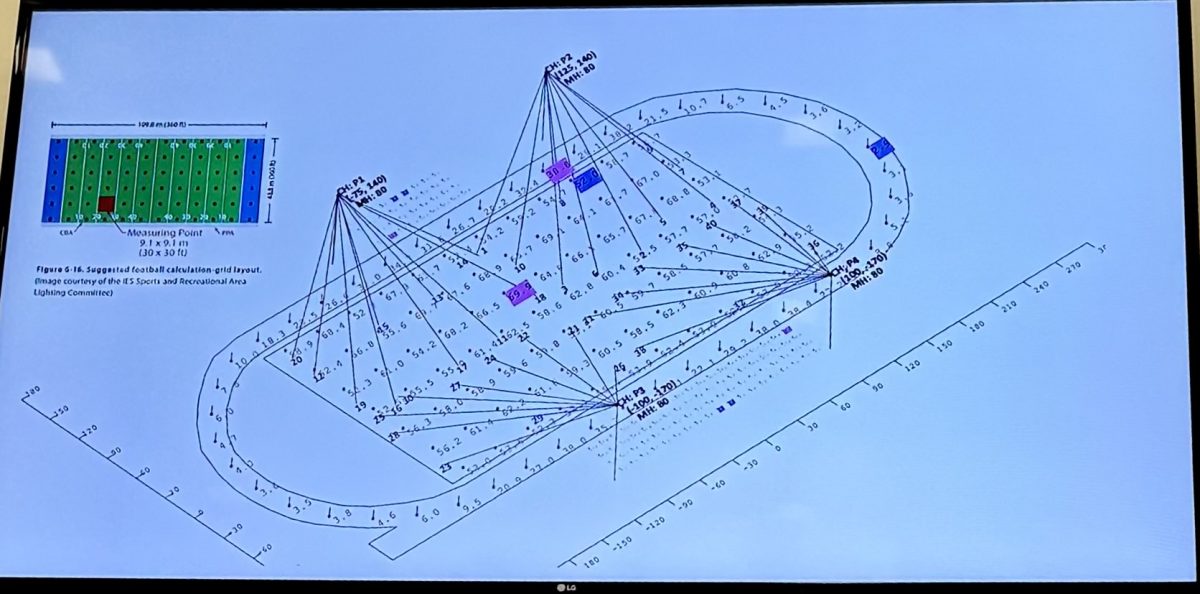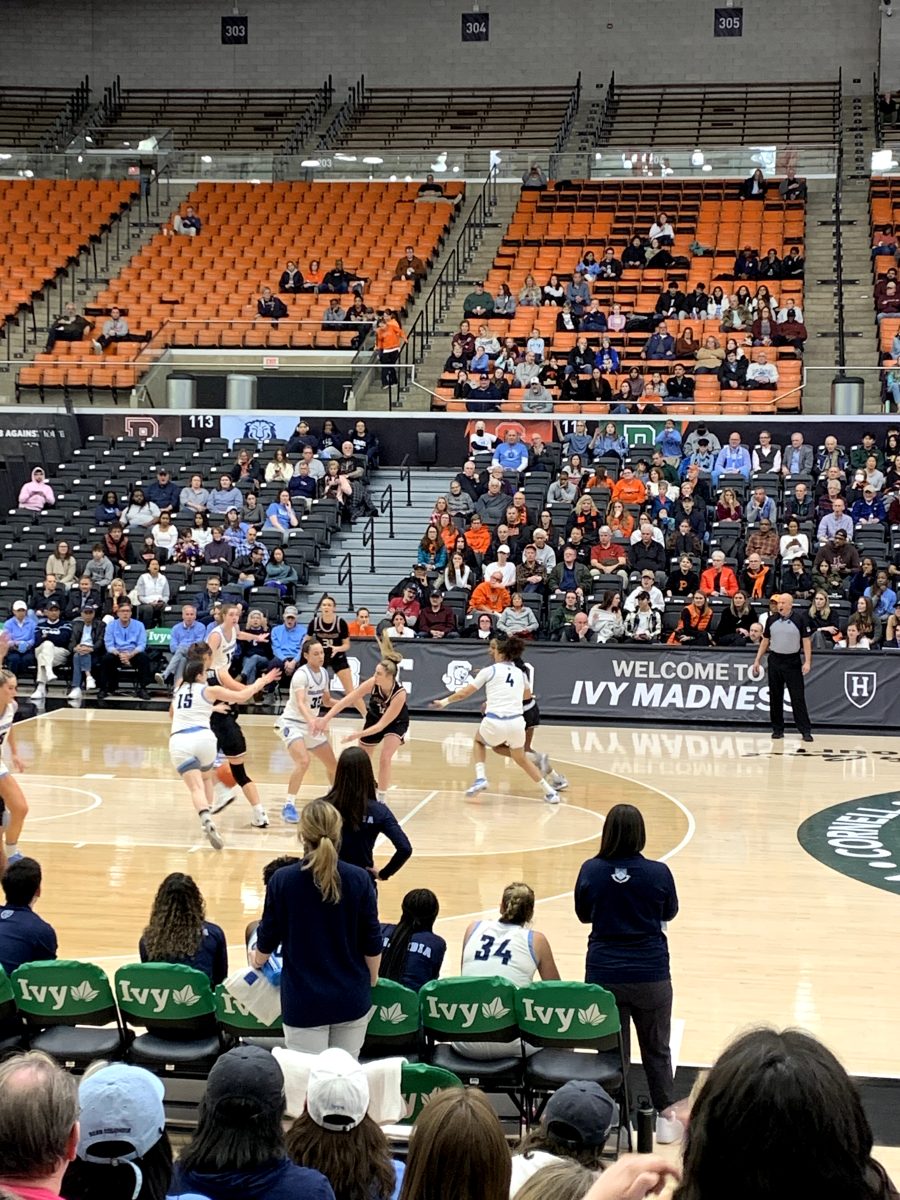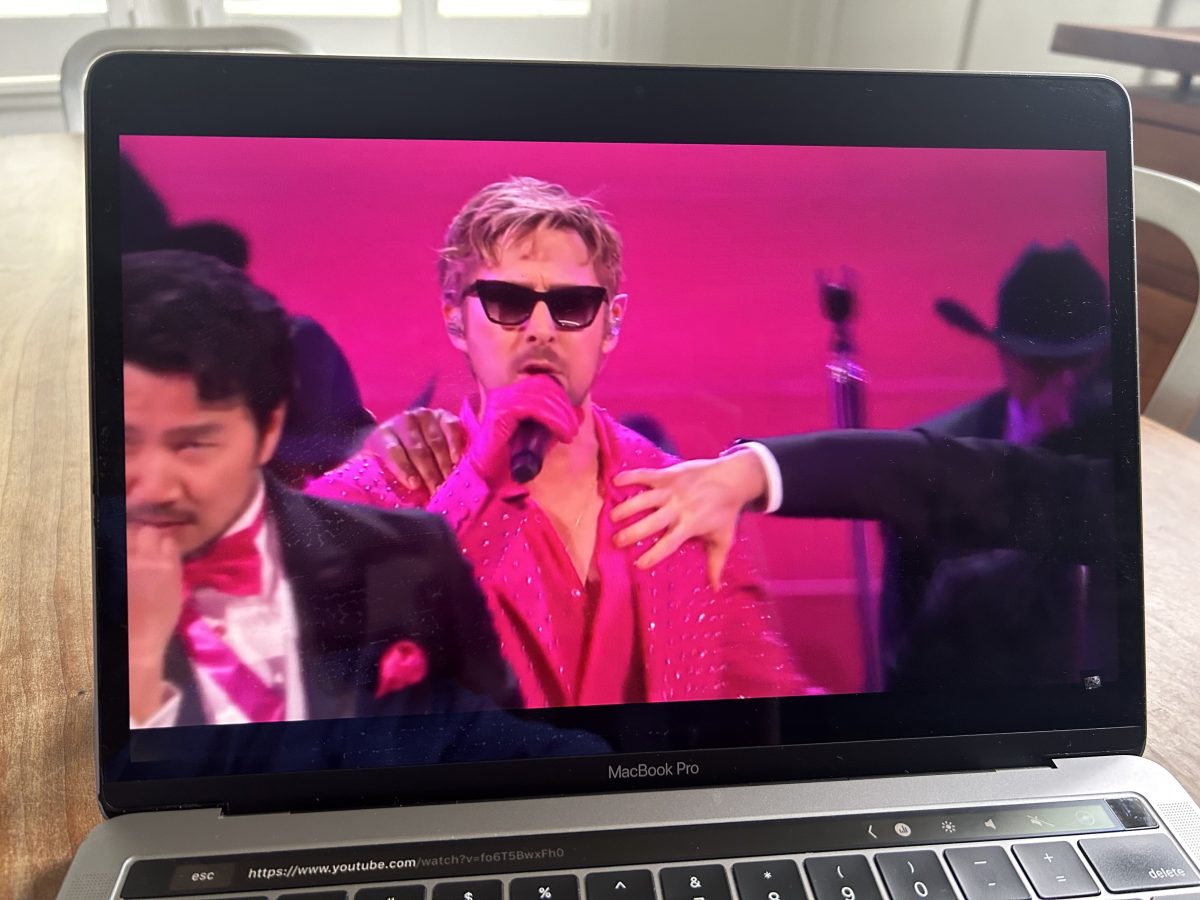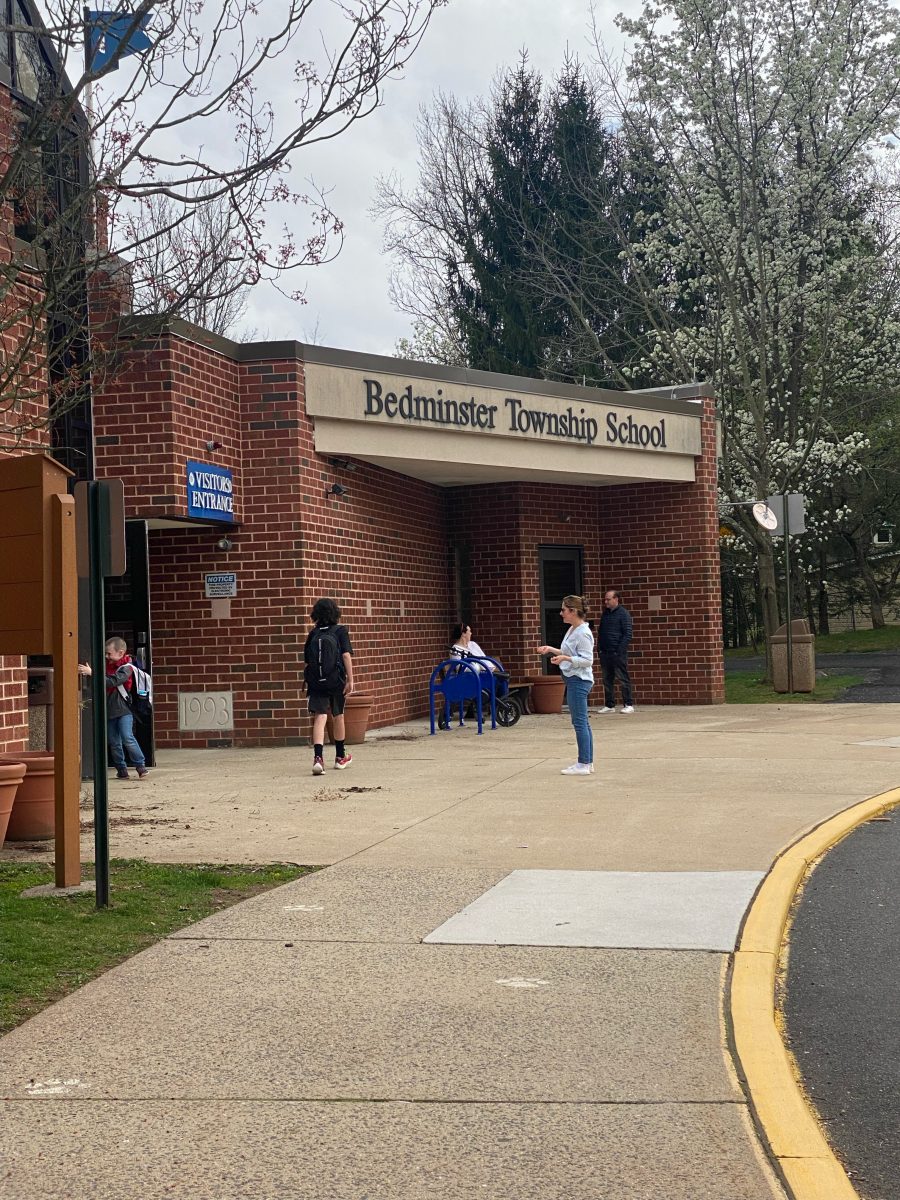On March 20th, the Supreme Court handled arguments on the premise of the Navajo Nation’s water rights. The Navajo Nation, a group of Native Americans living on a reservation spanning between Arizona, New Mexico, and Utah, have requested further access to the Lower Colorado River, which runs near the reservation. A basic necessity of life, water must be accessible to the Navajo Nation if they are to continue thriving in our country, and these demands do not seem unreasonable.
This conflict is especially timely as the Colorado River Basin is currently experiencing its worst drought in nearly 1,200 years. During this drought, approximately a third of all Navajo homes did not have any running water. Although they now have solved some of these problems by obtaining more water rights, they are still attempting to define their water needs and claim more land, specifically near the Lower Colorado River.
Treaties, such as the Navajo Treaty of 1868, have been used by the tribe to argue that the government promised to make this reservation a permanent homeland for the tribe, yet without water, it is not feasible that anyone could survive very long on the reservation. Now, the Supreme Court must struggle with the extent to which the government must provide and concede land or water rights to the Navajo.
The U.S Government, however, fears that a vague ruling in favor of the Navajo may lead to further evaluations of the Navajo’s water needs and the possibility of a major waterway infrastructure needing to be constructed. The government argues that this is the tribe’s responsibility.
Representing the Navajo Nation, Shay Dvoretzky said that the Navajo are “not talking about anything like that.” Rather, the Navajo are simply asking for further access to water, which would allow them to continue thriving in our beloved country.
Justice Neil Gorsuch, a common supporter of Native American rights, asked in court whether he could bring a solid “ breach of contract claim for someone who promised me a permanent home, the right to farm and raises animals if it turns out it’s the Sahara Desert?” Clearly, in favor of the Natives, seemingly as are a few other justices, it is a wonder that this problem has not yet been solved.
This drought which has been terrorizing the Colorado River basin since the early 2000s, has led to many conflicts over water rights, yet is it not fair to say that all people deserve equitable or, at the very least, healthy portions of this water supply?
Since June 2, 1924, all Native Americans born on American soil were U.S. citizens, so how is it that our government, created to protect its many diverse people, is having trouble deciding whether or not these people are worth aiding during such strenuous times?


